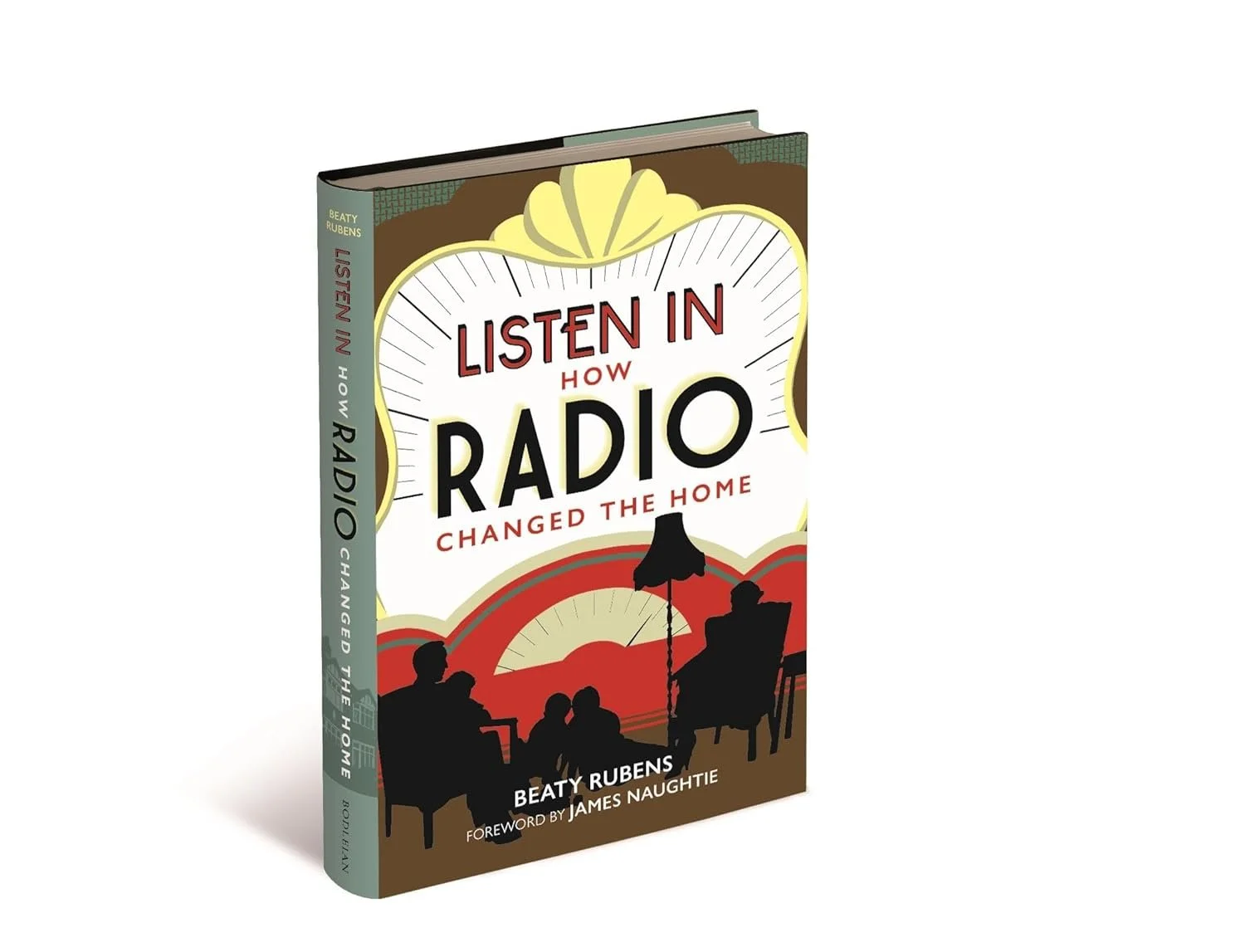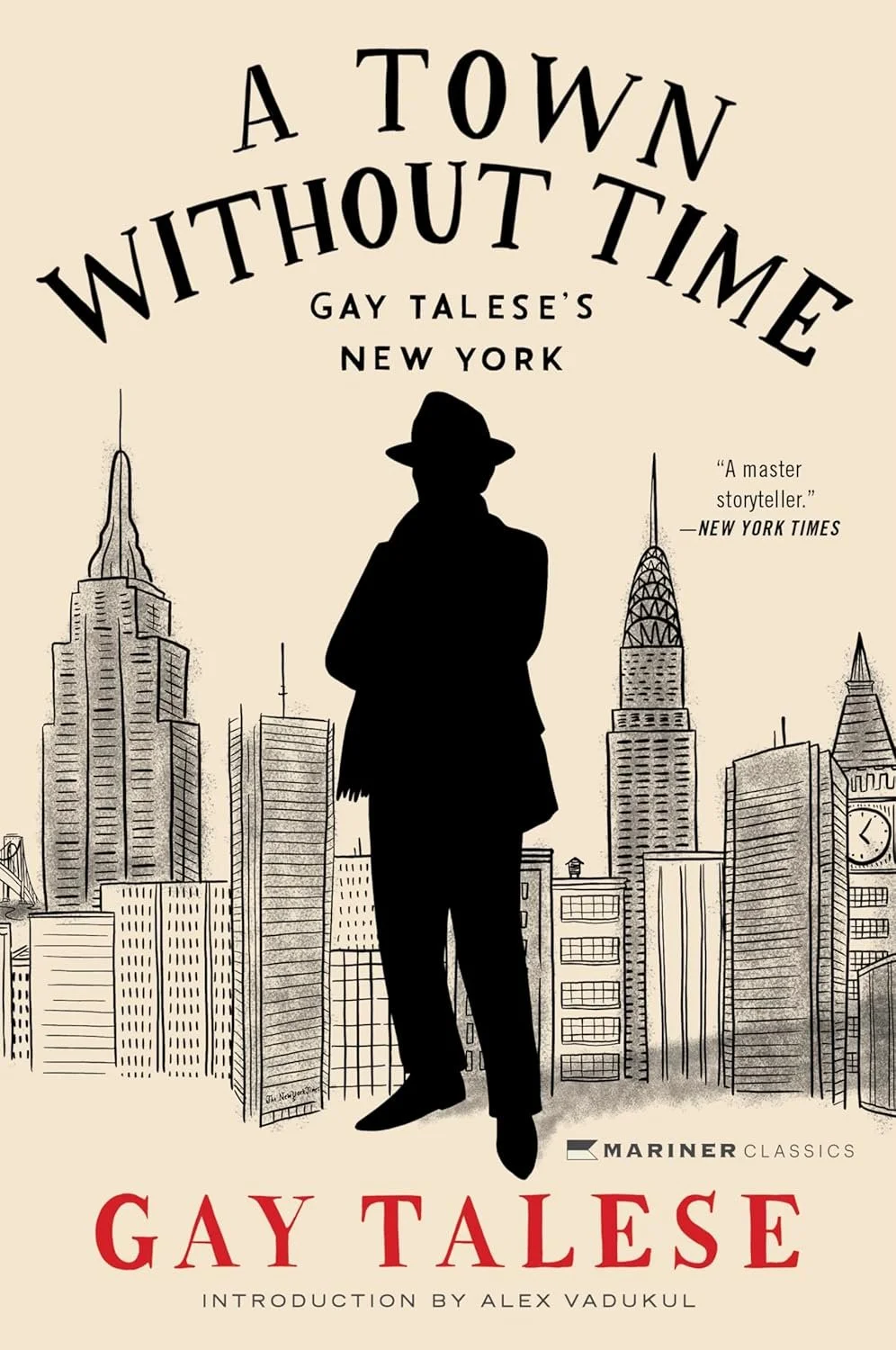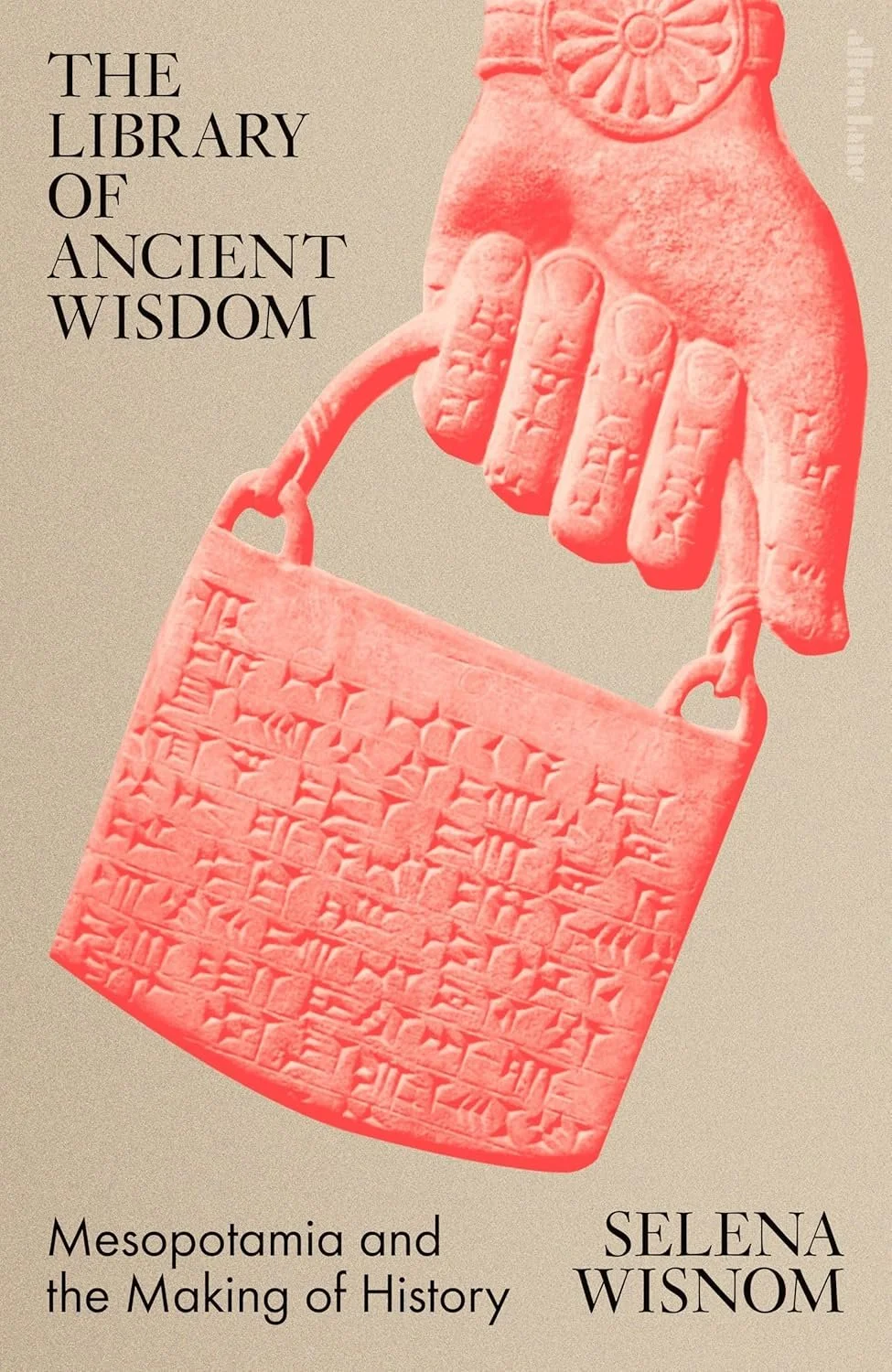7 books for computing teachers
It's World Book Day, and as my contribution to it I thought I'd suggest 7 books that I believe all teachers of Computing should read. I have to tell you though: not all of my choices are directly concerned with Computing!
Please note that the links provided in the book cover images are Amazon affiliate links.
OK, in no particular order...
The New York Times Book of Mathematics
Not an obvious choice you might think, a book on mathematics. But this one is fascinating because there are sections on cryptography and computing, as well as odd chapters on interesting topics like random numbers and electronics.
The subtitle of the book is More than 100 years of writing by the numbers. In other words, this is a collection of articles taken from the New York Times over the last 100 years. It's readable for non-mathematicians (well, mostly), and gives you a great historical perspective of how computing – and thinking about computing – has developed over that time.
The Thrilling Adventures of Lovelace and Babbage
Ada Lovelace is recognised as the first computer programmer – even though computers hadn't been invented during her lifetime. She worked closely with Babbage, and saw possibilities in his Analytical Engine that had eluded even him. The Engine was never built, but this book imagines what might have happened if it had been. It's a great read, especially if you like graphic novels.
Brown Dogs and Barbers
Karl Beecher explains what Computing is all about, and provides an almost-excellent historical perspective. I say "almost excellent" because for me it is spoilt by the absence of Ada Lovelace. Nevertheless, in showing what makes the difference between an automated device and a computer, and the mathematical thinking behind computing, Beecher does a pretty good job for the lay person.
Introducing Computing: A guide for teachers
I haven't actually read this book from cover to cover, so this is a snapshot view if you will. Edited by Lawrence Williams, a long-standing member of the educational computing community in Britain, the book is a good mix of ideas and the practical. For example, there is a chapter called Philosophy and Computing, as well as chapters on introducing computing into Key Stage 2 (primary/elementary school) and Key Stage 3 (secondary/high school).
It's also an academic book in that it draws on research, including original research, while managing to be interesting to read as well.
Raspberry Pi for Kids
This is a "Dummies" book, but don't let that put you off. From chapters on finding parts for your Pi and connecting it up, the book gets into its stride with projects in Scratch, Python, Linux and Minecraft, as well as other interesting topics like making your Pi work with a webcam.
Despite its name, the book is not dumbed down, and covers some quite sophisticated ideas. It is also clearly laid out. Definitely a good introduction to the hardware and how you can program it.
Learning with E's
This is a book to make you think. Based on Steve Wheeler's blog of the same name, it includes topics like "measuring learning in the digital age", a curriculum for the 21st century and digital identities. Although Wheeler is an academic, he is that rare bird, someone who writes in a way that is both engaging and understandable. This book will provide not only enjoyment in itself, but a wealth of topics to discuss with your students.
Coding for Kids
Another "Dummies" book, but again, don't let the title put you off. It consists of 15 projects with a program called Microworlds, a trial version of which is provided for free. The principles of the projects could be applied to other programming languages – in many respects it is reminiscent of Logo. Definitely worth exploring.
Reviews
I've previously reviewed some of the books mentioned here in this article. Here are the links:
The Thrilling Adventures of Lovelace and Babbage
My newsletter, Digital Education, regularly features book reviews. Please sign up for a free subscription: Digital Education.


















What does it take to become an expert? And what can the Computing teacher do about it?